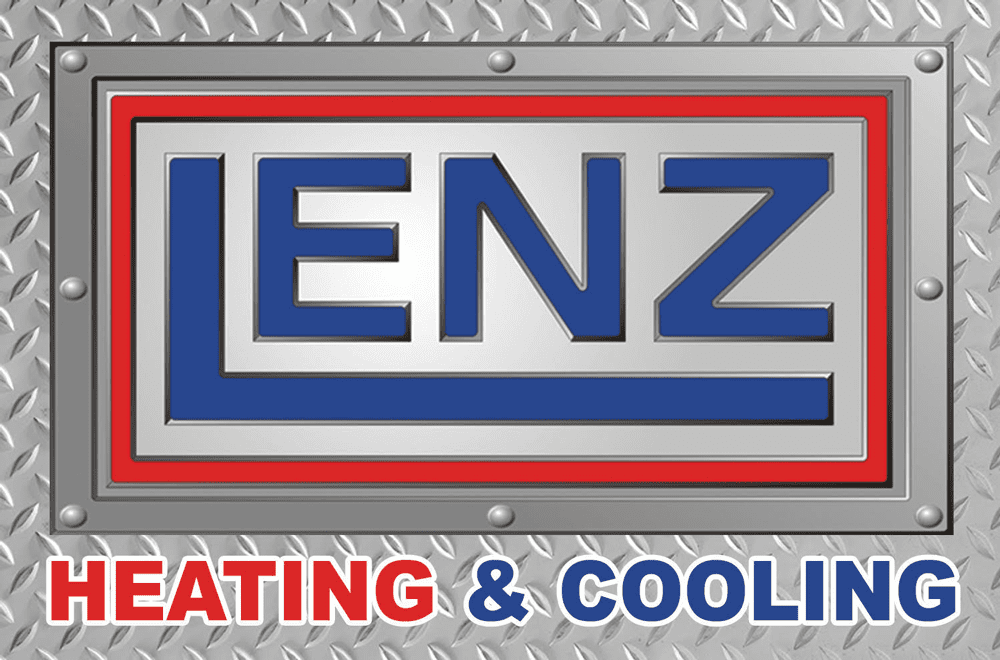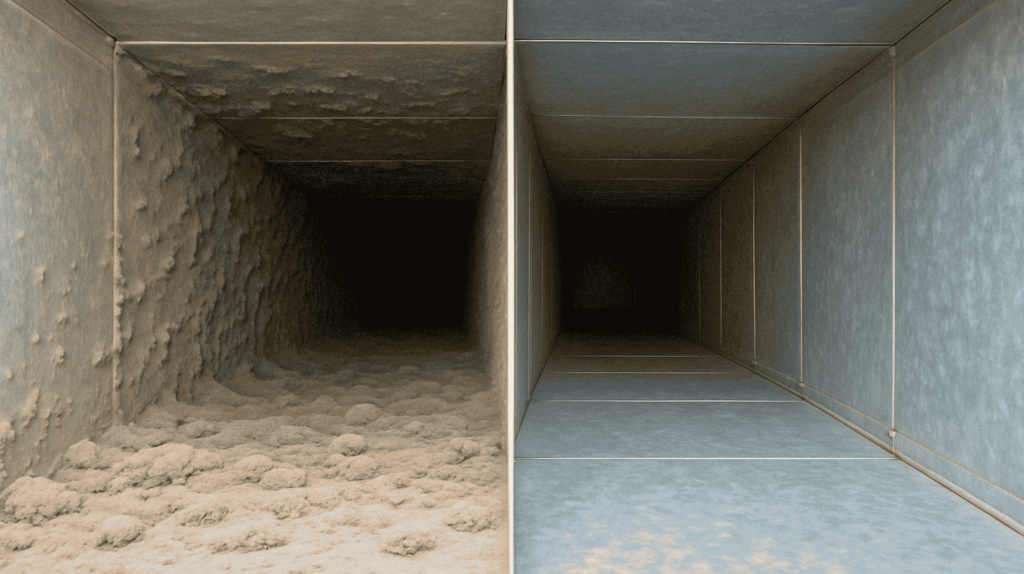HVAC systems are crucial for maintaining a comfortable indoor environment, whether it’s heating during the winter or cooling during the summer. However, like any mechanical system, HVAC units can encounter a range of issues that can disrupt their functionality. Understanding common HVAC problems and knowing how to troubleshoot, fix, and find solutions can save you time, money, and ensure that your indoor air quality remains high. In this article, we will explore the ten most common HVAC problems, how to troubleshoot a refrigerant leak, why your air conditioner might blow hot air, what to do with low refrigerant levels, and how to maintain indoor air quality.
What are the Most Common HVAC Problems?
Understanding HVAC System Issues
HVAC problems are often categorically distinct yet interrelated. Among the 10 most common HVAC problems, issues such as refrigerant leaks, electrical problems, and malfunctioning thermostats frequently arise. These problems can affect the efficiency of your heating and air conditioning systems, leading to increased energy bills and uncomfortable indoor air conditions. Understanding these common HVAC issues is key to addressing them before they escalate into more severe complications.
Identifying Common Problems and How to Fix Them
Identifying HVAC problems and how to fix them begins with recognizing symptoms. For instance, if your air conditioning unit fails to cool as expected, it could indicate a refrigerant leak or a clogged evaporator coil. A malfunctioning thermostat might cause your heating system to run continuously, resulting in overheating or insufficient warmth. Regularly checking and replacing a dirty air filter can prevent airflow issues, which is another one of the most common HVAC problems. By diagnosing these issues early, you can often find simple solutions or know when it’s time to contact a professional HVAC technician.
Importance of Regular Maintenance to Prevent Common HVAC Problems
Regular maintenance is essential in preventing common HVAC problems and ensuring optimal performance. Scheduled inspections by a professional HVAC technician can identify potential issues like refrigerant leaks or dirty filters before they cause significant disruptions. Maintenance tasks such as cleaning the condenser and evaporator coils, checking refrigerant levels, and inspecting electrical components are vital. Proactive maintenance not only extends the life of your HVAC system but also improves indoor air quality and energy efficiency.
How to Troubleshoot a Refrigerant Leak in Your HVAC System?
Signs of a Refrigerant Leak
Recognizing the signs of a refrigerant leak is crucial for maintaining your HVAC system. Common symptoms include the air conditioning system blowing hot air, reduced cooling efficiency, and ice accumulation on the evaporator coil. Additionally, you might notice hissing or bubbling sounds, indicating an active leak. If you suspect a refrigerant leak, it’s essential to act promptly to prevent further damage to your HVAC unit.
Steps to Locate and Repair a Refrigerant Leak
Locating and repairing a refrigerant leak requires careful inspection of your HVAC unit. Start by checking the evaporator and condenser coils for visible signs of oil or refrigerant. Inspect the refrigerant lines and connections for any damage or corrosion. If you find a leak, it’s important to fix the issue before refilling the system. While some homeowners may attempt to repair minor leaks, it is often advisable to contact a professional HVAC technician who has the necessary tools and expertise to ensure a safe and effective repair.
When to Contact a Professional HVAC Technician
If you’re unable to locate the refrigerant leak or the problem persists after your efforts, it’s time to contact a professional HVAC technician. These experts can perform a thorough analysis of your HVAC unit and pinpoint the source of the leak. Additionally, they can recharge your system with the correct type and amount of refrigerant, ensuring optimal performance and compliance with safety regulations.
Why is My Air Conditioner Blowing Hot Air?
Common Causes of Warm Air from Your Air Conditioner
If your air conditioning unit is blowing hot air, several common causes may be at play. One of the leading culprits is a malfunctioning thermostat that fails to communicate the desired temperature to your HVAC system. Additionally, low refrigerant levels or a refrigerant leak can impede the cooling process, resulting in warm air. Dirty air filters can also restrict airflow, causing your HVAC unit to struggle in maintaining a comfortable indoor environment.
Troubleshooting Steps to Fix Hot Air Issues
To troubleshoot hot air issues, start by checking the thermostat settings to ensure it is set to cooling mode and the desired temperature. Next, inspect the air filter and replace it if it’s dirty. This simple step can significantly improve airflow and cooling efficiency. If the problem persists, examine the refrigerant levels, as low refrigerant could indicate a leak or an insufficient charge. If these actions do not resolve the issue, consider contacting an HVAC professional for a comprehensive evaluation.
How to Ensure Proper Airflow in Your HVAC Unit
Ensuring proper airflow is vital for the efficient operation of your HVAC unit. Start by cleaning or replacing dirty air filters regularly, as this can prevent clogging and promote better airflow. Additionally, check vents and registers for any obstructions, such as furniture or debris, which can impede airflow. Regular maintenance of your HVAC system, including cleaning the condenser and evaporator coils, will help maintain optimal airflow and efficiency in heating and cooling.
What to Do When Your HVAC System Has Low Refrigerant Levels?
Understanding the Role of Refrigerant in Your HVAC System
Refrigerant plays a critical role in your HVAC system’s cooling process. It absorbs heat from indoor air and transfers it outside, effectively cooling your living space. Low refrigerant levels can hinder this process, resulting in ineffective cooling and discomfort. Understanding the importance of maintaining proper refrigerant levels is essential for optimal HVAC performance and energy efficiency.
Identifying Symptoms of Low Refrigerant Levels
Symptoms of low refrigerant levels include inconsistent cooling, ice buildup on the evaporator coil, and high energy bills due to the HVAC system working harder to maintain desired temperatures. If you notice these signs, it’s crucial to address the issue promptly to prevent further damage to your HVAC unit. Regular checks can help catch low refrigerant levels before they escalate into more significant problems.
Fixing Low Refrigerant Levels: DIY vs. Professional Help
While some homeowners may attempt to refill refrigerant levels on their own, this is not recommended due to the complexities involved and potential safety hazards. It is often best to contact a professional HVAC technician who can accurately diagnose the cause of low refrigerant levels and restore your system to optimal functioning. They can also check for leaks and ensure that your HVAC unit is running efficiently.
How to Maintain Indoor Air Quality and Prevent Dirty Filters?
Impact of Dirty Air Filters on HVAC Efficiency
Dirty air filters can have a significant impact on HVAC efficiency and indoor air quality. When filters become clogged with dust and debris, airflow is restricted, forcing your HVAC unit to work harder to maintain desired temperatures. This can lead to increased energy bills and decreased system longevity. Regularly checking and replacing dirty air filters is essential for maintaining both efficiency and the health of your indoor air.
Best Practices for Regular Filter Maintenance
To maintain air quality and HVAC efficiency, establish a routine for checking and replacing your air filters. Depending on usage and environment, filters should be checked monthly and replaced every 1 to 3 months. Additionally, consider investing in high-efficiency particulate air (HEPA) filters, which can capture smaller particles and improve overall air quality. Keeping the area around your HVAC unit clean and free of obstructions will also enhance airflow and performance.
When to Replace Your Air Filter
Knowing when to replace your air filter is crucial for effective HVAC operation. Signs that it’s time for a replacement include visible dirt and dust on the filter, reduced airflow from vents, or increased energy consumption. If you notice any of these indicators, it’s time to change the filter. Regular filter maintenance not only improves indoor air quality but also enhances the overall efficiency of your HVAC system, allowing it to operate smoothly and effectively.





